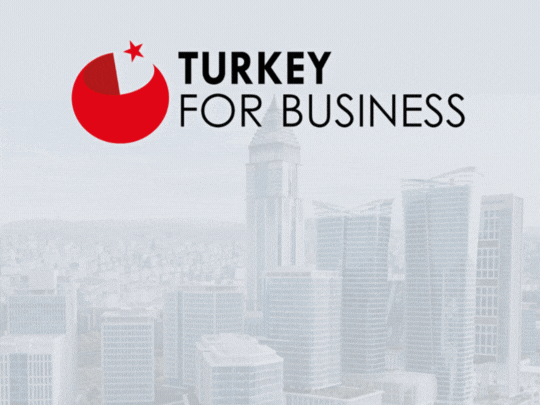Muslim Brotherhood (MB will be used), as indicated in the previous article, is the oldest, largest, and strongest opposition force in Egypt against the regime. This is the reason why it shouldn’t be so surprising for those who are studying Egyptian politics to expect the Brotherhood to take the lead in elections. There were attempts to classify the organization as one of the radical movements in the Arab world, after coming to power as if they have never had an idea of political system but all they know is to discuss religious matters. On the contrary, whenever there was an attempt of political liberalization in the system, Brotherhood tried to be included and to participate elections. This was an important step for the society to raise their voice, although not so loudly, against the state, because the regime set up an infamous Emergency Law after the assassination of Anwar Sadat in 1981 by a group of gun men who were related to al-Jihad organization.
It will be more useful to start by reminding the situation in early 21st century. This period affected Arab and Muslim majority countries in general significantly. Especially after the attacks on World Trade Centre and Pentagon in U.S. in September 11 2001 by militant Islamist organization Al Qaeda, was a serious shock to the world. Its effects were felt strongly in Afghanistan in 2001 and Iraq in 2003 which resulted in more than a million deaths, same amount of injured and many of them forced to leave their homeland. New concentration camps were opened in Guantanamo and Abu Ghraib in Iraq to detain alleged “terrorists”, most of them belonging to various Islamist groups most of them detained in very inhumane situations and even tortured under “War on Terror”. This led an increase in Anti American sentiment in countries from Morocco to Indonesia. As a result those countries that had good relations with United States and the West in general, put serious pressure on their Islamist movements. Egypt was one of those countries, under the than President Hosni Mubarak.
Although there had been harsh pressures to the Society of MB to decrease their popularity in the Egyptian society during the 1990s, in 2000 elections Brotherhood affiliated 17 independent candidates entered into parliament. This is, still, a big debate in academic circles, why MB did not diminished completely but strengthen its power, after all those attempts by Egyptian state to dissolve the organization in 1948, 1954, 1965, 1990s. In 5 years Egypt faced with serious changes in respect to social movements.
In year 2000 after Second Intifada broke out in Palestine, country faced mass demonstrations in solidarity with Palestinian people. These protests followed by anti-Iraq war gatherings in 2003 which turned into anti-Mubarak protests. Finally, 2004 was a milestone for political movements in Egypt with the establishment of “Egyptian Movement for Change” with a catchy slogan Kefaya, meaning Enough. This organization gathered different parts of the society from liberals, to workers and Islamic movements, especially MB. During the same process, Egypt was in a debate on Mubarak’s youngest son Gamal to become the next president, which most Egyptians opposed. In addition to these protests U.S. government increased their stress on “Democratization of Arab World”. Especially in her visit to Cairo in 2005, secretary of state Condoleezza Rice put intense pressure on Egyptian government to hold elections and increase democratization in the country. Facing all these international and domestic pressures, Mubarak announced a change in article 76 of the constitution which let multiple candidates to run for presidency in Egypt for the first time. In 2005, after 24 years of presidency, Mubarak challenged by Ayman Nour, the leader of Al-Ghad (Tomorrow) Party, who gained 7.3% of the votes despite high number of corruption and low level of voting turn out. Following the elections, Nour imprisoned for 5 years with the charges of forging powers of Attorney to secure the formation of the el-Ghad party.
2005 Parliamentary elections were the peak for MB in Egyptian Parliament where it had 88 members. By seeing high number of popularity to Islamic Movements in Egypt, one can say, United States step back from its support for the democratization in the region. This became clearer after Hamas democratically won 2006 elections in Gaza. Mubarak let Islamists enter to parliament and this created a famous motto in order to keep his position “Either autocratic regime or theocratic MB” for the future of Egypt. As a culture of wining in high number votes in the elections, around 800 members of the organization were arrested after the first round.
The steps that the organization had taken in the past, indicate certain hints for the future of Egypt with Muslim Brotherhood;
(1) Contrary to common belief, MB isn’t a radical military organization,
(2) It aims to come to power by ballot box and popular support of the people, instead of using violence,
(3) MB believes that a permanent sociopolitical change can be achieved from bottom, not vice versa,
(4) Although they had participated to the elections, they have a serious lack of experience on how to rule the state, due to the fact that they were not allowed by the state to work in any high governmental positions.




